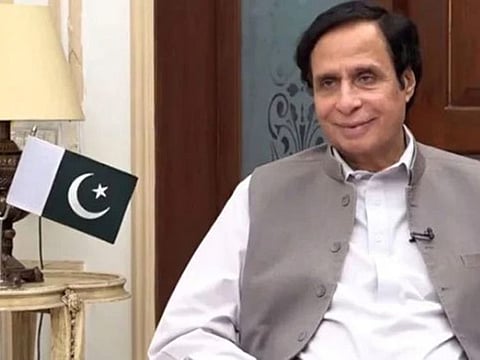Pakistan’s Punjab govt announces free education till graduation
Punjab is the most populous province of Pakistan and is home to 109.98 million people

Islamabad: The Punjab government has decided to provide free education to all students up to graduation in public schools, colleges and universities.
Punjab Chief Minister Parvez Elahi made the announcement as the country celebrated 75 years of independence on August 14. After hoisting the national flag at a ceremony held at Lahore Fort to mark Independence Day, Elahi said that his government is extending the level of free education in the province from metric to graduation now.
He said that earlier during his tenure, “education was provided free of cost up to matriculation, now it is time to provide free education up to graduation level.”
Punjab is the most populous province of Pakistan and is home to 109.98 million people, according to the population census 2017 conducted by the Pakistan Bureau of Statistics (PBS).
In November 2020, the Punjab School Education Department introduced an initiative to provide one free meal to primary school children under the public-private partnership in 100 schools across Punjab. The schools with one free meal saw a 33 per cent increase in attendance and a 77 per cent improvement in students’ health, according to former education minister Dr Murad Raas.
Education, health and welfare in Punjab
Elahi added that the government is also providing free-of-cost medicines in hospitals and vowed to make Punjab an exemplary province.
Chaudhry Parvez Elahi, the Pakistan Muslim League-Quaid (PML-Q) leader who was backed by former prime minister Imran Khan’s party in the by-polls, took oath as chief minister of Punjab on July 27 morning hours after a much-awaited court ruling. Soon after he took office, he announced restoring health cards, Ehsaas social protection programmes, ration cards (food stamps) and other welfare projects for millions of households in Punjab under the directives of Pakistan Tehreek-e-Insaf (PTI) chairman Imran Khan.
Public school education in Pakistan
The provision of free compulsory primary and secondary education to children between the ages of 5-16 free of charge is enshrined in the Constitution of Pakistan. However, academics urge that the state of infrastructure, basic facilities and the quality of education in public schools need to be improved. Pakistan has the world’s second-highest number of out-of-school children as an estimated 22.8 million children between 5 to 16 years of age are not attending school representing 44 per cent of the total population in this age group, according to Unicef.
Sign up for the Daily Briefing
Get the latest news and updates straight to your inbox



